Students from the Engineering and Mathematics School, a joint educational programme of HSE University and VK, defended their projects at the VK Moscow office. The students presented technology for generating animated 3D characters, a framework for the PHP language, an open service for creating neural networks and several other innovative IT solutions.
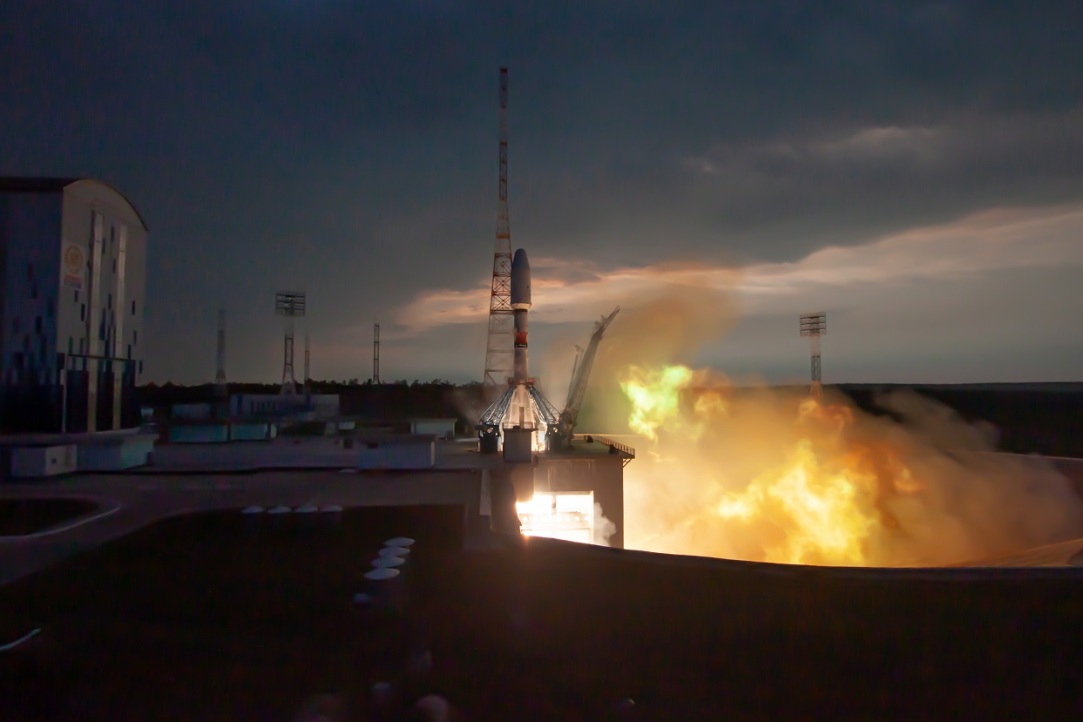

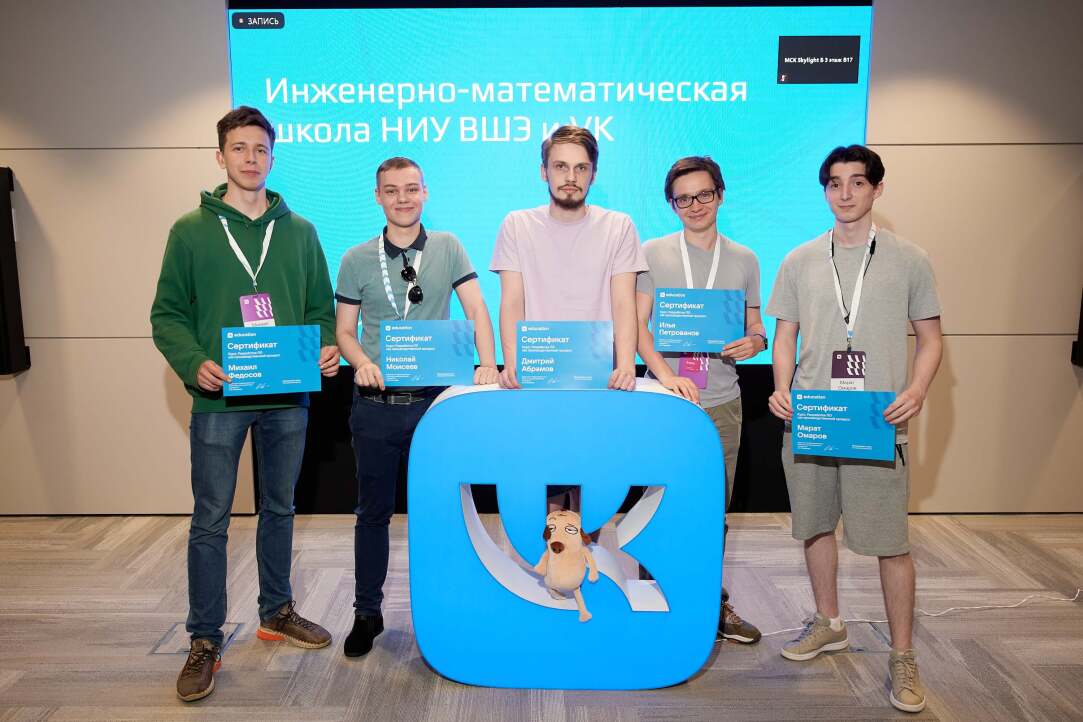

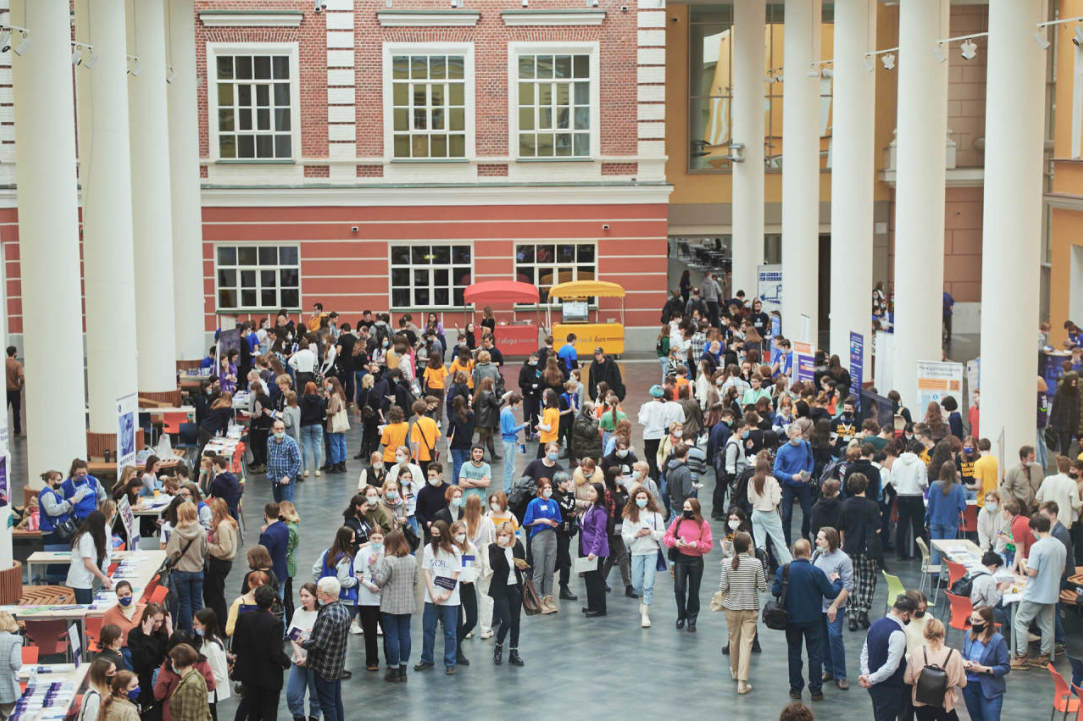
.jpg)
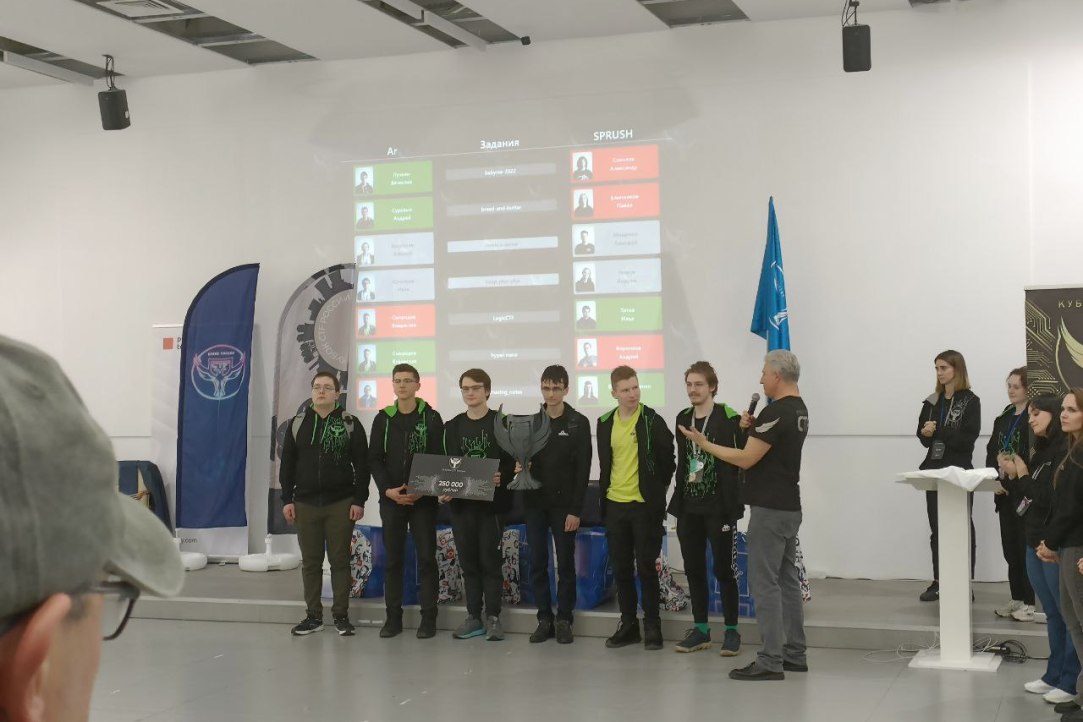
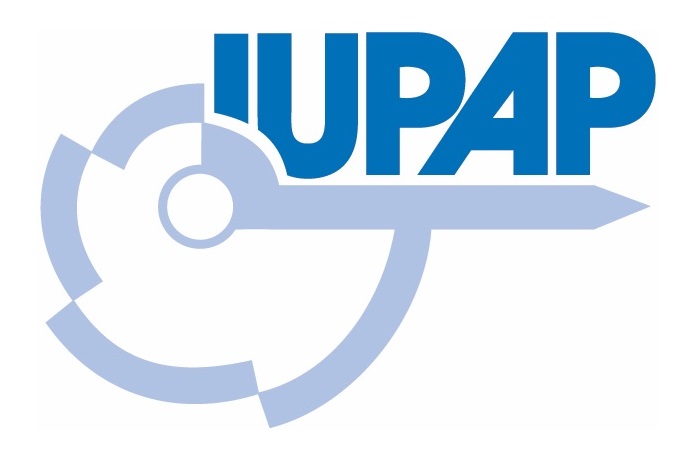
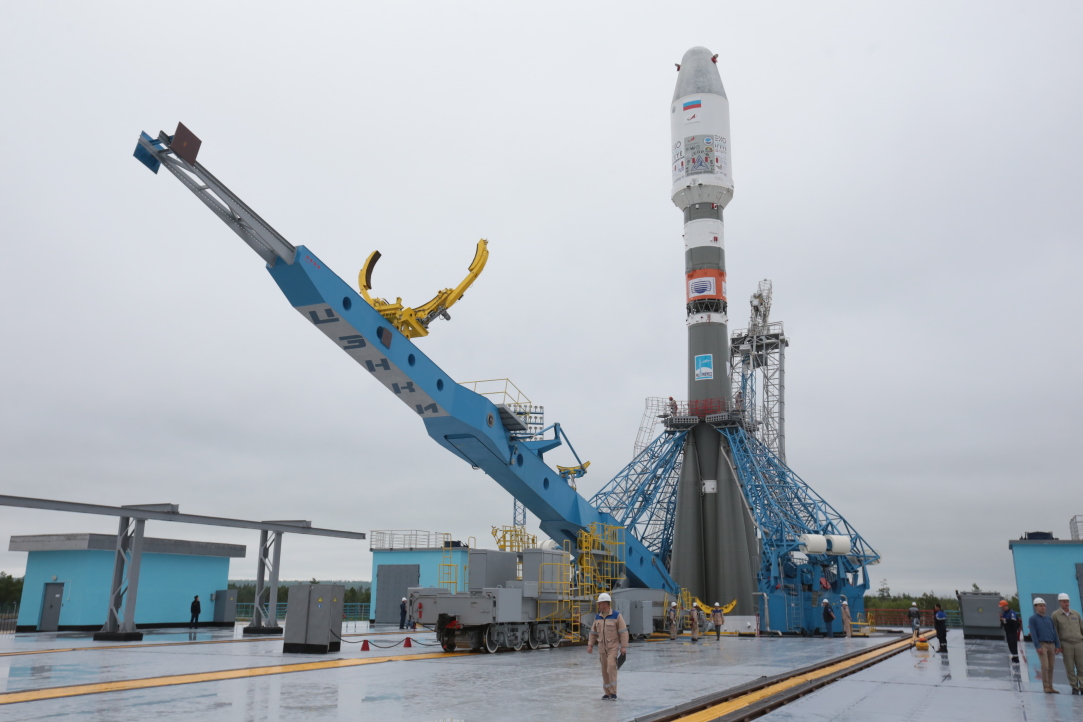




.jpg)


